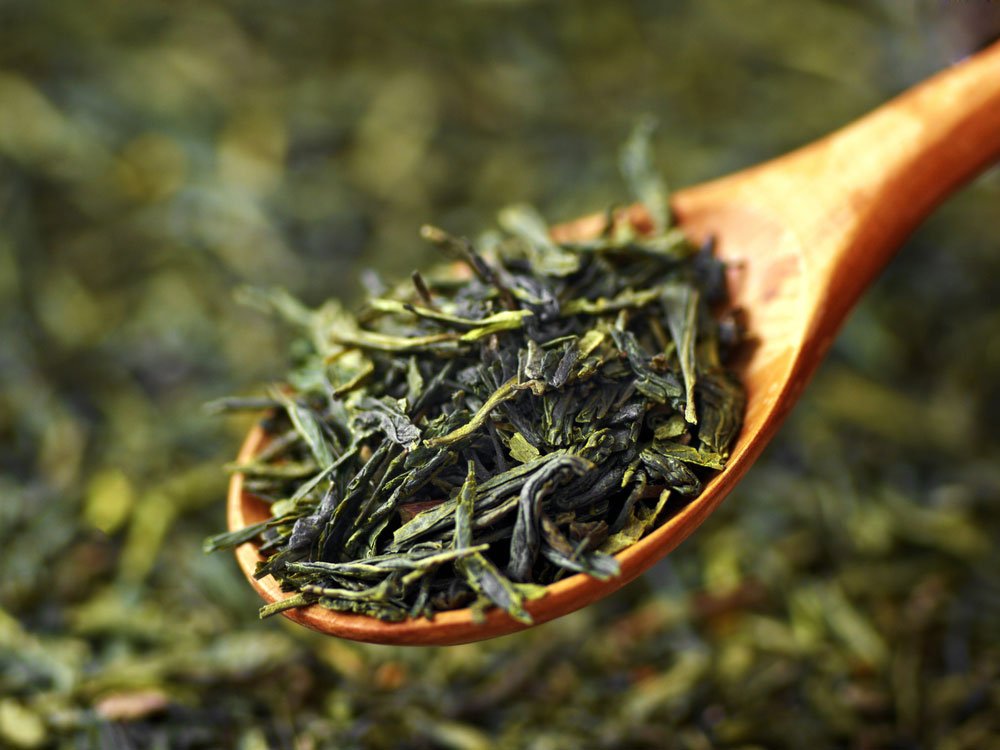Inside BENEO’s new pulse plant: pioneering sustainable protein from faba beans
Screened about 51 medicinal plants on 3CLProprotease (3-chymotrypsin-like protease) of the virus
There have been worldwide efforts for developing cost effective therapeutic options, which can curb the severity of the viral disease in humans, with minimal toxicity. In this context, medicinal plants may provide a way to treat the disease by targeting specific essential proteins of the virus.
Working in this direction, a team of researchers led by Prof Ashok Kumar Patel from the Kusuma School of Biological Sciences (KSBS), IIT Delhi screened about 51 medicinal plants on 3CLProprotease (3-chymotrypsin-like protease) of the virus, which is necessary for processing the viral polyproteins and therefore has emerged as an interesting premise for the development of drugs targeting the virus. The targeting of this protein may therefore be able to halt the replication of the virus.
The experimental findings showed that aqueous extracts from Tea (Black and Green Tea, Scientific name- Camellia sinensis) as well as Haritaki (Terminalia chebula, which is commonly known as Harad in Hindi) have potential anti-viral activity via in-vitro inhibition of the proteolytic activity of the main protease of the virus 3CL pro showing potential therapeutic candidates for the SARS-CoV-2 infection, which should be further validated in in-vivo models. The research work was recently published in Phytotherapy Research, an impactful journal in the area (Article DOI: 10.1002/ptr.6802).
For understanding the detailed molecular level mechanism, the IIT Delhi researchers, investigated various bioactive constituents of Tea and Haritaki, and concluded that Gallotannin (or Tannic acid) is majorly involved in inhibitioning the 3CLPro viral protease.

